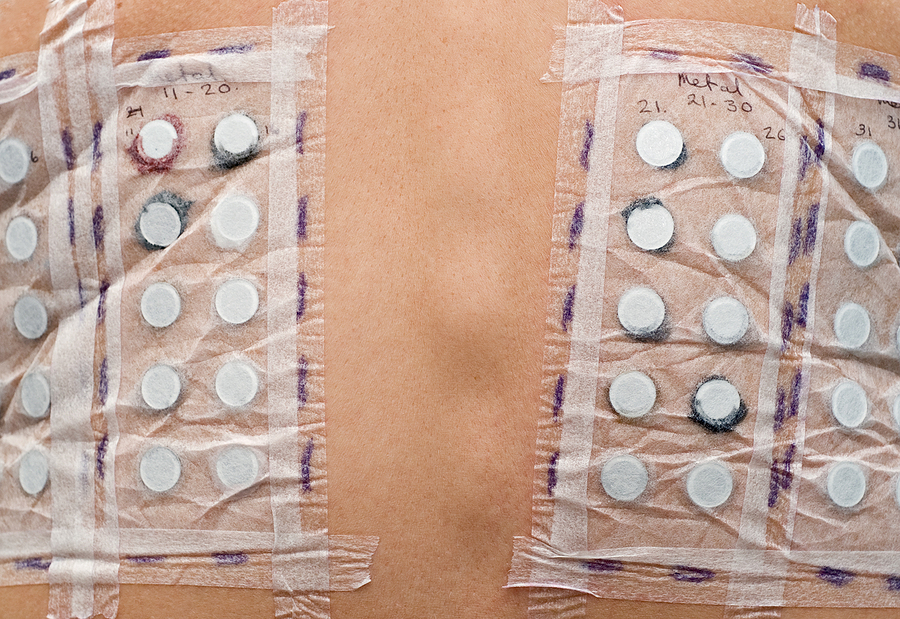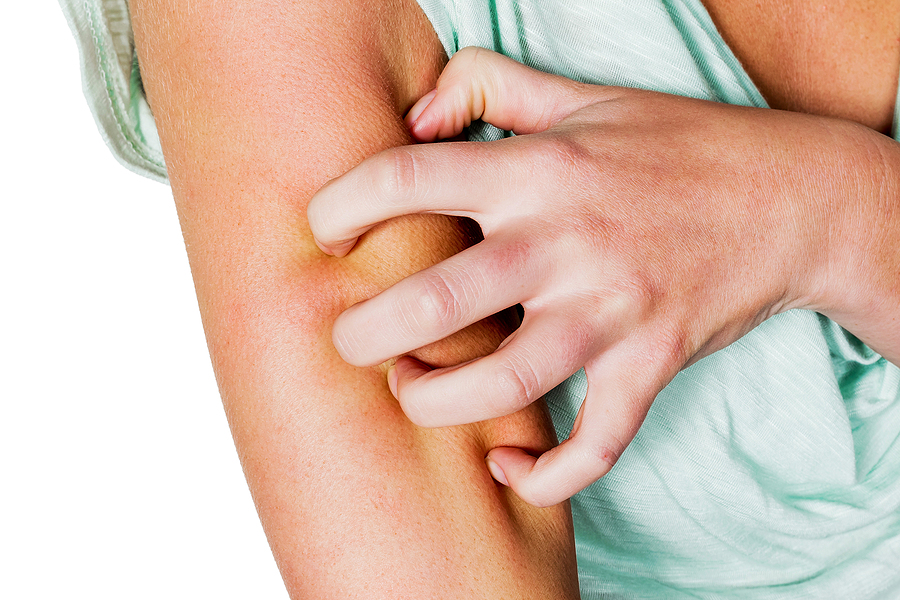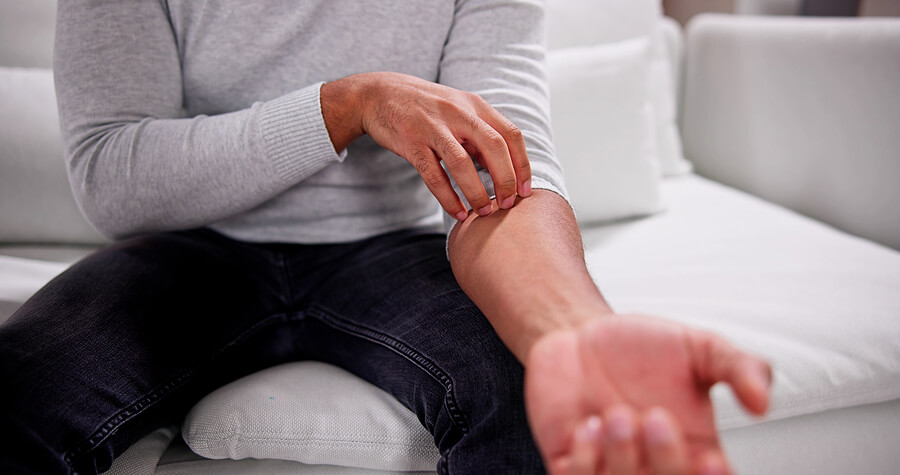What is patch testing, and why do I need it?
Patch testing is a way to find out if certain things you touch are causing your skin to react. Your allergist will put tiny amounts of common allergens on patches and stick them on your back with tape. If your skin reacts to any of them, it helps figure out what’s causing your skin problems, so you can avoid those things in the future. During a patch test, your Fresno allergist will test for common substances that might be causing itching and rash.

These can include:
1. Metals: Like nickel, which is often found in jewelry or accessories, as well as metals used for medical procedures such as knee replacements and other implanted devices
2. Cosmetics: Such as fragrances, makeup, preservatives, nail products, or hair dyes.
3. Hygiene products: including ingredients found in soap, detergent, toothpaste and other cleansing items.
4. Medications: Some creams, ointments, or topical medications can trigger skin reactions.
5. Chemicals: Found in things like latex, crafting supplies, workplace exposures, rubber, or adhesives.
These are just a few examples, but a California allergy professional will choose specific allergens based on your symptoms and what they suspect might be causing your skin irritation.

How should I get ready for patch testing?
Before the test, your Fresno doctor will tell you to stop using certain medications and lotions that might affect the results. They’ll also ask you to have clean, dry skin on your back where the patches will go. Try not to sweat too much or get too much sun before the test. Your allergist will give you all the details you need to prepare.
What happens during and after patch testing?
During the test, patches with different allergens will be placed on your back and taped down. You’ll need to keep them dry and avoid heavy activity. After a couple of days, the patches are removed, and your California doctor will check your skin for any reactions. You will likely need 3 visits within a week to complete the test. You might feel a bit itchy or irritated, but it’s usually not too bad. After the test, your allergist will talk to you about the results and give you tips on how to manage your skin allergies.
